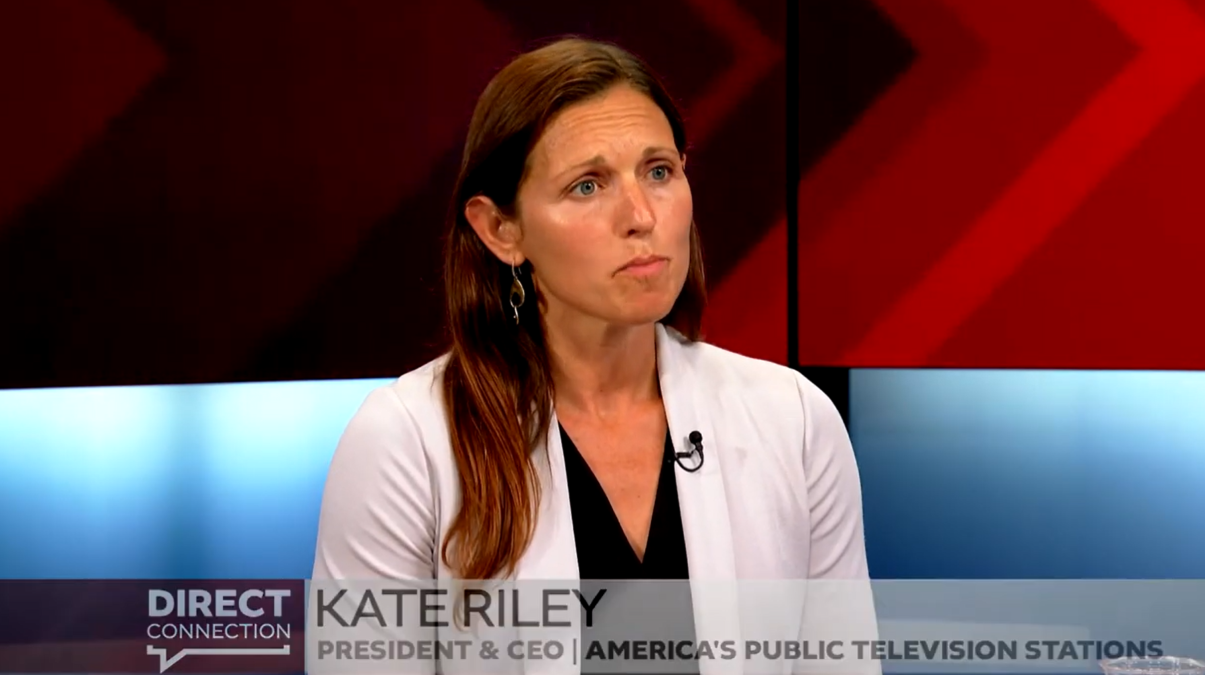When DOGE investigated the financial operations of USAID, it uncovered concerning instances of overspending and the funding of programs that fall outside the agency’s intended mission. A similar pattern of financial mismanagement has been observed at the now-defunct Corporation for Public Broadcasting (CPB). This organization has diverted millions of dollars away from broadcasting content intended for public consumption, instead enriching elite nonprofit leaders and contributing to a perceived bias in public television (PBS) and public radio (NPR), which have been criticized for producing left-leaning content.
Explainer PBS Parent Company Sent Tax Dollars To Cushy Lobbying Firm
The situation escalated with the passing of the Big Beautiful Bill, which resulted in Congress providing no funding at all to CPB. This decision came as a shock to the organization, which had anticipated receiving $1.07 billion for the years 2026 and 2027. As previously reported by The Federalist, CPB is a nonprofit entity established by Congress in 1967 to oversee the funding of public radio and television stations. The organization employs many highly compensated individuals in Washington, D.C., including its elderly CEO, Patricia Harrison, who received $524,000 in compensation in 2022, according to the most recent 990 tax-exempt form available from CPB.
On August 1, CPB announced plans to “wind down” its operations while simultaneously advocating for Congress to restore its funding. The impact of this defunding will be significant, particularly for the numerous nonprofits that have relied on CPB funding or that exist as a result of public broadcasting initiatives. One such organization is the Association of Public Television Stations (APTS), which plays a crucial role in promoting public television.
APTS operates as a $4.5 million nonprofit membership organization, and its financial structure is closely intertwined with APTS Action Inc., the lobbying arm of APTS. This lobbying entity is also funded through membership fees and shares the same leadership team as APTS. In 2023, APTS Action reported nearly $2 million in gross receipts. The organization advocates for policy issues related to education, health care, and telecommunications, effectively bringing public television’s message to Capitol Hill.
The flow of funds—from taxpayers to the federal government, then to CPB, and subsequently to public television stations and APTS—illustrates that taxpayers ultimately finance APTS. This organization appears to function primarily as a salary and lobbying machine. The former president and CEO of APTS, Patrick Butler, received a compensation package of $766,000 in 2023, as indicated in the APTS 990 tax-exempt form. Butler retired in 2024, and Kate Riley succeeded him as APTS CEO in September 2024. While her current salary remains unclear, she previously served as APTS vice president, overseeing its government and public affairs department. For a fee of $3,200 per year, APTS member stations can access a grant center designed to help them secure private funding for programming projects. The amount of funding available is substantial for those willing to produce content that aligns with specific ideological perspectives.
Why it matters
- DOGE's investigation reveals financial mismanagement at USAID and CPB, raising concerns about taxpayer money usage.
- CPB's funding cut by Congress highlights accountability issues and potential bias in public broadcasting.
- The financial entanglement of APTS and its lobbying arm raises questions about the integrity of public funding.
What’s next
- CPB plans to wind down operations while seeking restoration of funding from Congress.
- APTS may face financial challenges due to CPB's defunding, impacting public television initiatives.
- Congressional hearings may be initiated to investigate the financial practices of CPB and APTS.
